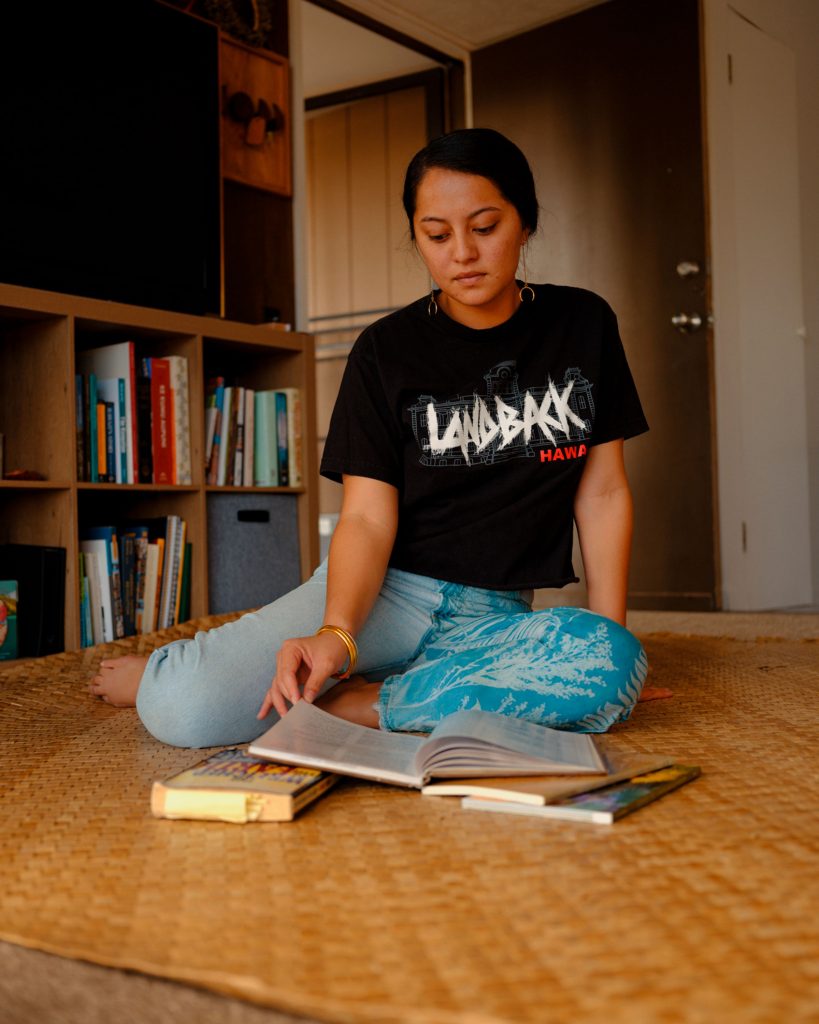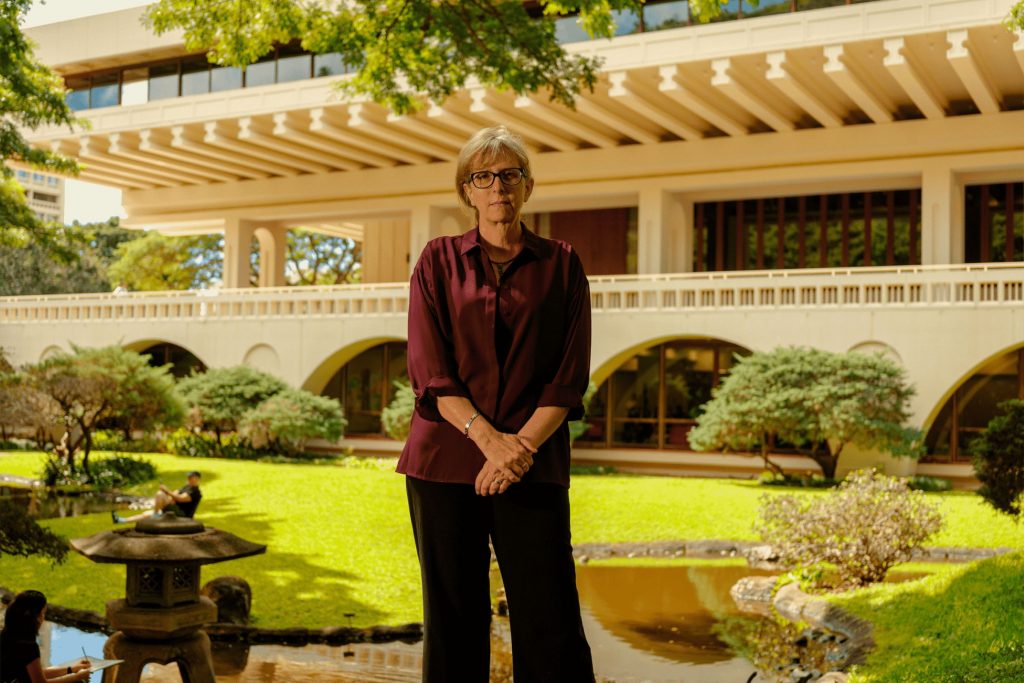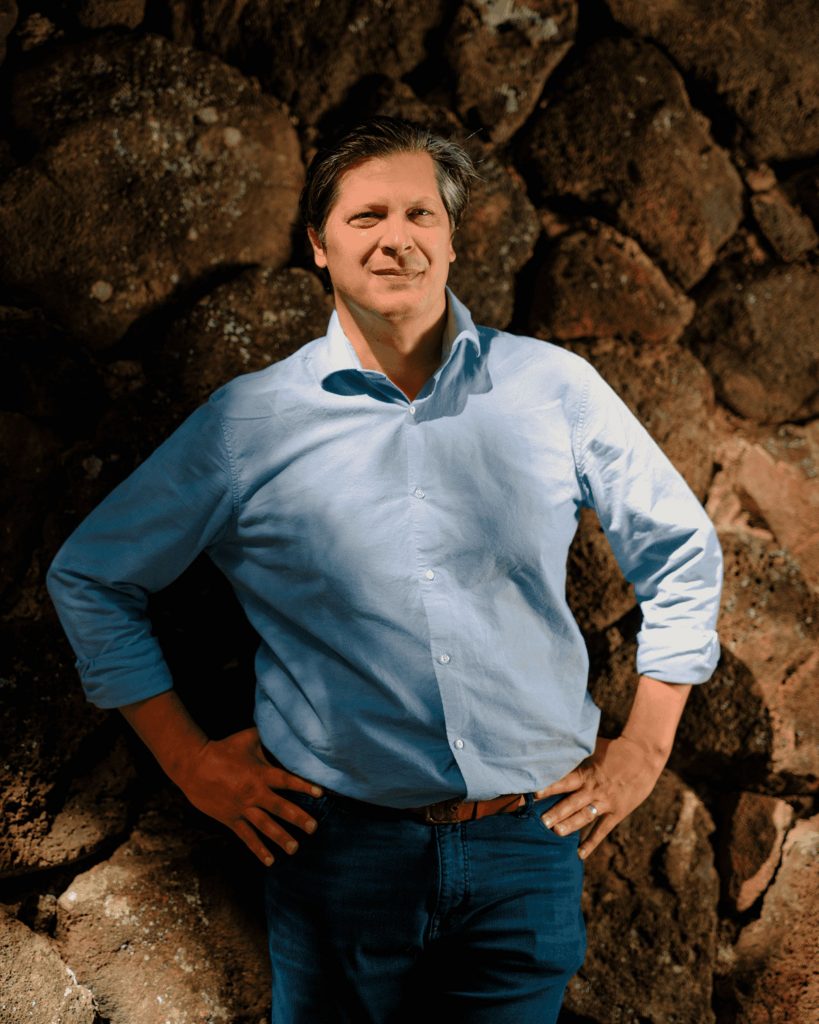$1.25M grant provides catalyst for new Asian-American, Pacific Islander environmental justice initiative at UH
The University of Hawaiʻi at Mānoa College of Arts, Languages and Letters is set to pioneer a venture into environmental justice within Asian-American and Pacific Islander communities thanks to a game-changing $1.25 million grant from the Mellon Foundation.
The funding provides a catalyst for a cutting-edge interdisciplinary initiative complete with two new faculty positions, a humanities lab to develop new teaching materials and a dynamic forum for professional development and exchange of ideas.

“We have every expectation that this project will have a transformational and lasting impact on UH-Mānoa’s growing capacity to serve as an international leader in advancing the goal of environmental justice across the vast and interconnected regions of Asia, Oceania and America,” said College of Arts, Languages and Letters Dean Peter Arnade.
Examples of environmental justice issues can range from unequal access to clean water, air pollution and climate change impacts.
Asia and the Pacific Islands are home to more than 60% of the world’s human population. They are disproportionately affected by the ecological catastrophes of sea level rise, marine pollution, coastal erosion and biodiversity loss.
At the same time, Asian-Americans and Pacific Islanders are notably underrepresented in the environmental movement at the national level.
Throughout the next three years, the new initiative, housed in the School of Pacific and Asian Studies, aims to chart a new course forward by developing an approach to environmental justice that leans into the long-standing connections of culture, kinship and shared histories that link the diverse regions and populations of America, Oceania and Asia.

The initiative will lay an educational foundation for a new generation of leaders equipped with grounded and culturally relevant knowledge, networks and skills to empower themselves and their communities.
“UH-Mānoa will be one of the first universities in the country with this kind of AAPI-based environmental humanities initiative,” said professor and chairperson of the Department of Asian Studies Cathryn Clayton. “We hope to spark new conversations, at the local, national and international level, about the intersections of environmental and social justice from AAPI perspectives. We also hope to provide an institutional platform that can help amplify the voices that are already out there in the community doing this vital work.”
Clayton and Alexander Mawyer, an associate professor and director of the UH-Mānoa Center for Pacific Islands Studies, authored the proposal.
New faculty in the departments of Pacific Islands Studies and Asian Studies will develop and teach innovative interdisciplinary courses that explore how issues of environmental justice connect populations and cultures, pasts and futures, throughout the Pacific Islands, Asia and the U.S.
The grant will also fund a series of activities aimed at establishing UH-Mānoa as a hub for Asian-American and Pacific Islander environmental humanities and environmental justice. A new pedagogical lab will invite faculty and students to collaborate with community groups to create multimedia resources such as e-books and videos to strengthen humanistic approaches to environmental justice studies.
UH-Mānoa faculty and students will also have the opportunity to participate in an ongoing forum to share emerging research with colleagues, scholars and practitioners from the mainland, Asia and the Pacific Islands.
The forum will serve as a generative space for new networks of knowledge and professional development that advance Asian-American and Pacific Islander needs, voices and solutions in environmental justice through the humanities.









